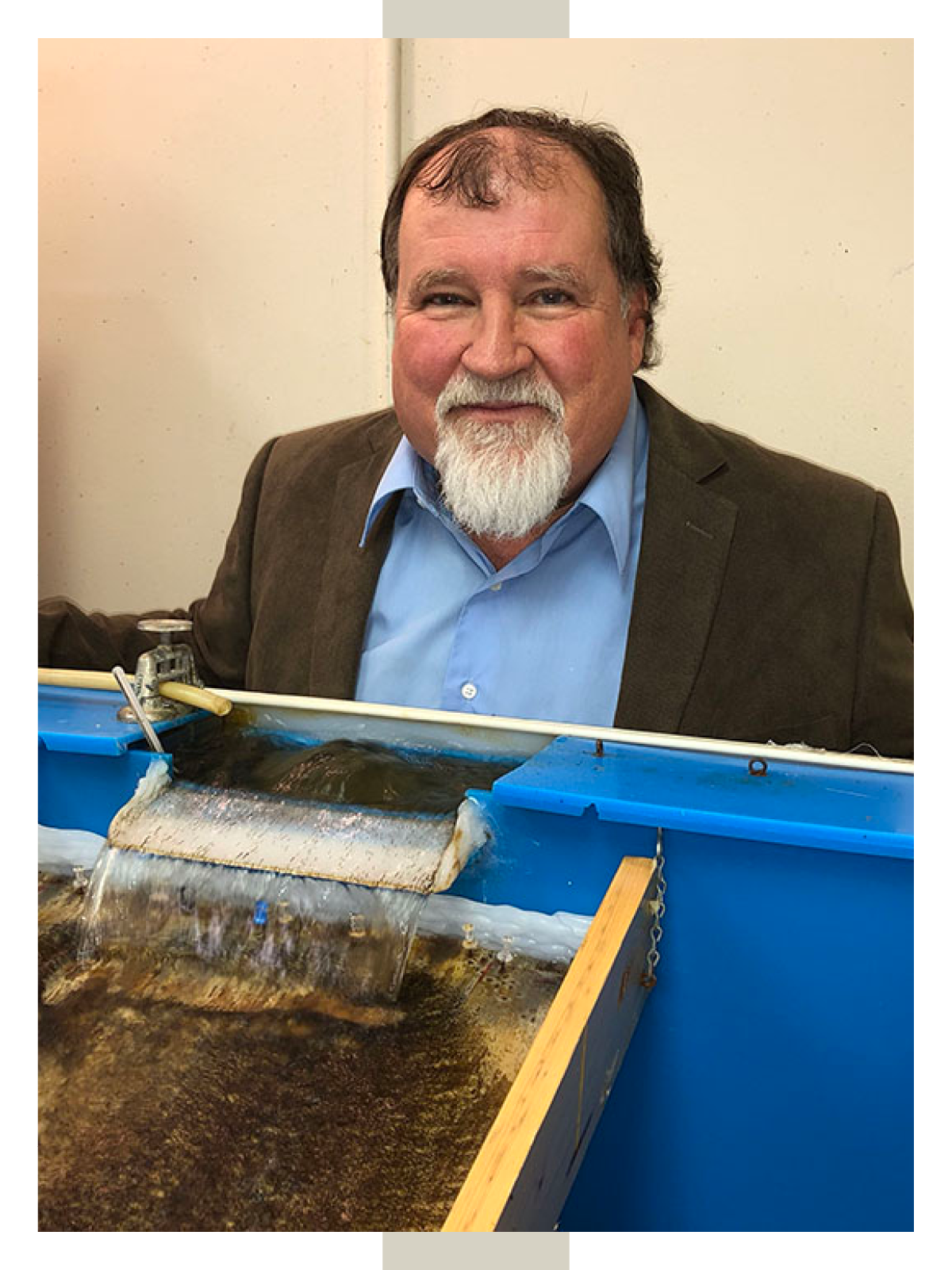
Elmer Gray
A public health specialist for UGA Extension, Gray directs the only known black fly colony in the world and is a well-known expert in mosquito control and suppression.
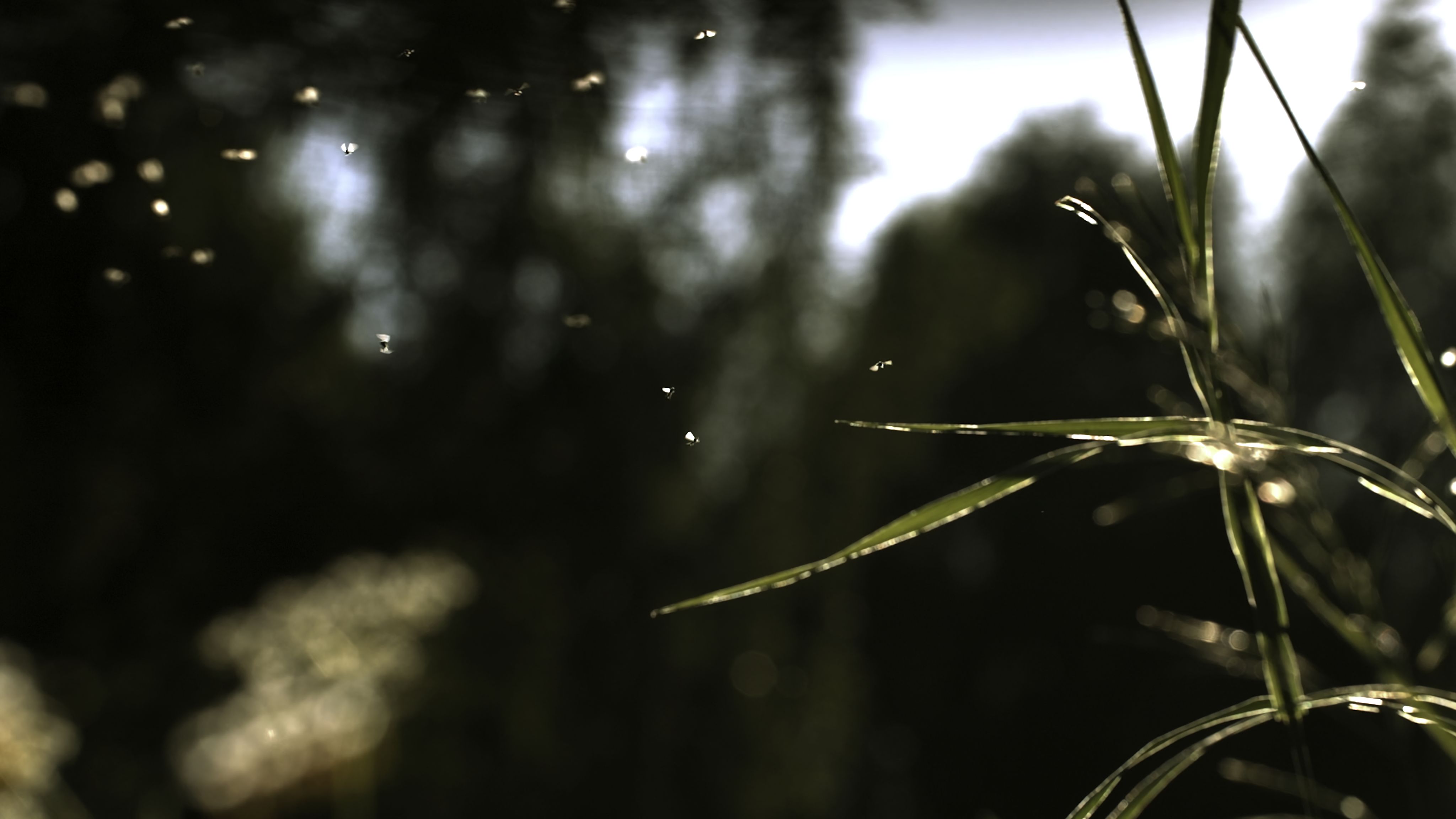
Elmer Gray, a public health Extension specialist and research professional in the College of Agricultural and Environmental Sciences, focuses primarily on mosquitoes and other insects that threaten human and animal populations.
Mosquitoes and the diseases they transmit are one of the primary insect-related public health issues facing Georgians.
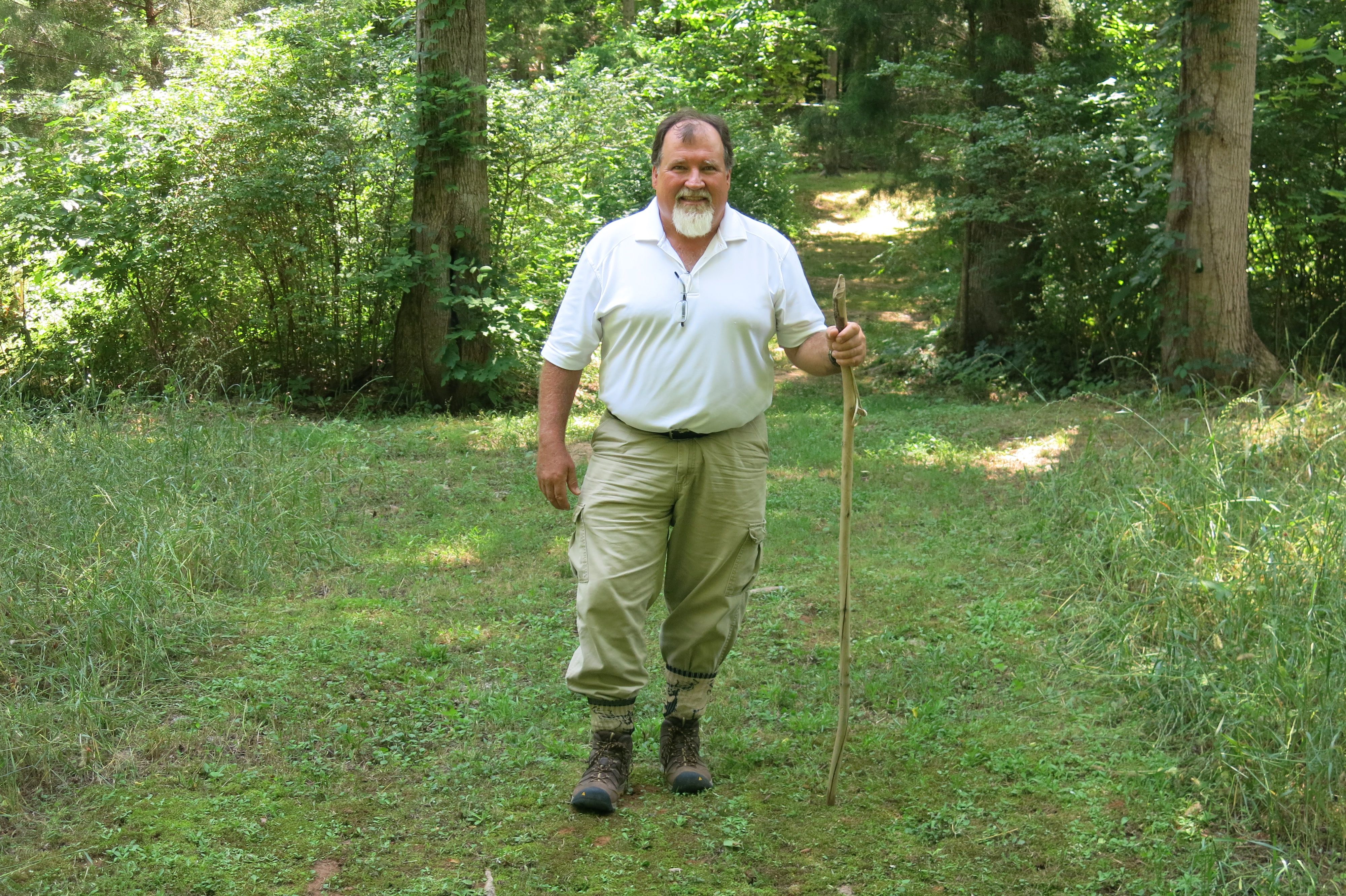
Gray demonstrates how to dress to protect yourself from ticks, especially when walking or hiking among tall grass.
Gray demonstrates how to dress to protect yourself from ticks, especially when walking or hiking among tall grass.
Mosquitoes are commonly encountered pests across Georgia and the more integrated the approach used to suppress populations, the more effective the results.
Pesticide resistance is a growing concern to the mosquito control industry and protecting our pollinators from unnecessary pesticide applications has never been more important.
Gray serves on the Board of Directors of the Mosquito BEACONS (Biodiversity, Enhancement and Control of Non-native Species) Working Group. The group is supported by the Southern Integrated Pest Management Center and consists of academic researchers, mosquito control personnel and management, and state public health and agriculture entities from across the Southeast, as well as the Centers for Disease Control and Prevention.
Some of our most problematic mosquito species are introduced pests, and we have had several recent introductions across the region. By improving communication and surveillance activities, the working group enables other mosquito control entities to become better informed on how to handle future introductions.
Beyond his Extension efforts, Gray oversees and operates the Black Fly Research and Resource Center, which is supported by the National Institutes of Health (NIH) and National Institute of Allergy and Infectious Diseases (NIAID).
He has been involved in the fields of black fly rearing, research and control for many years. Gray received his bachelor’s degree in zoology and a master's degree in medical and veterinary entomology at Clemson University under Ray Noblet, now a UGA professor emeritus. While working with Noblet at Clemson, the two initiated a branch of the Simulium vittatum black fly colony.
Gray, now director of the black fly colony, has been responsible for maintaining the colony since 1991, moving it to UGA's Athens campus in 1999. As part of his black fly research and control experiences, Gray has collaborated with black fly suppression programs on three continents, and his is the only known colony of black flies in the world.
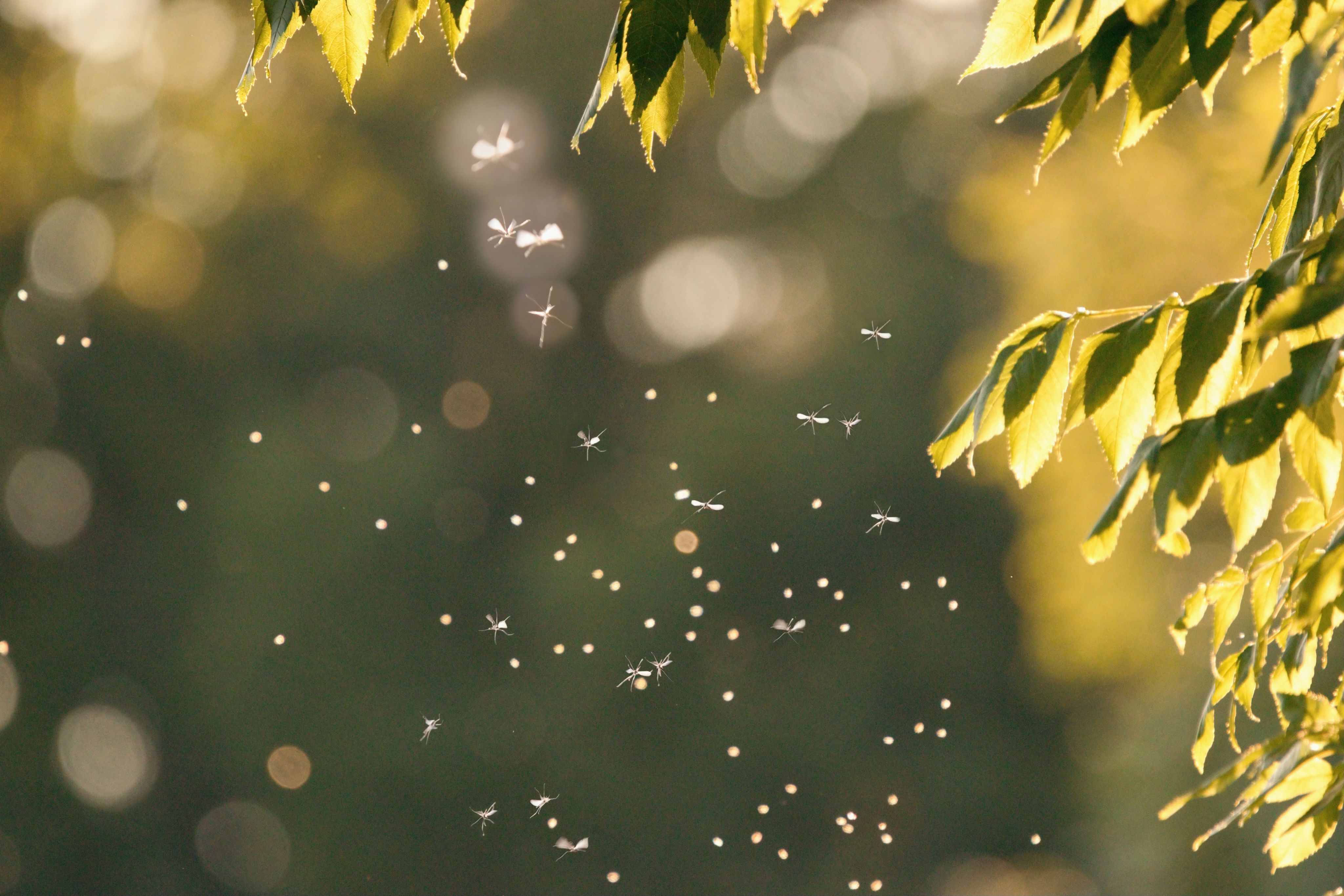
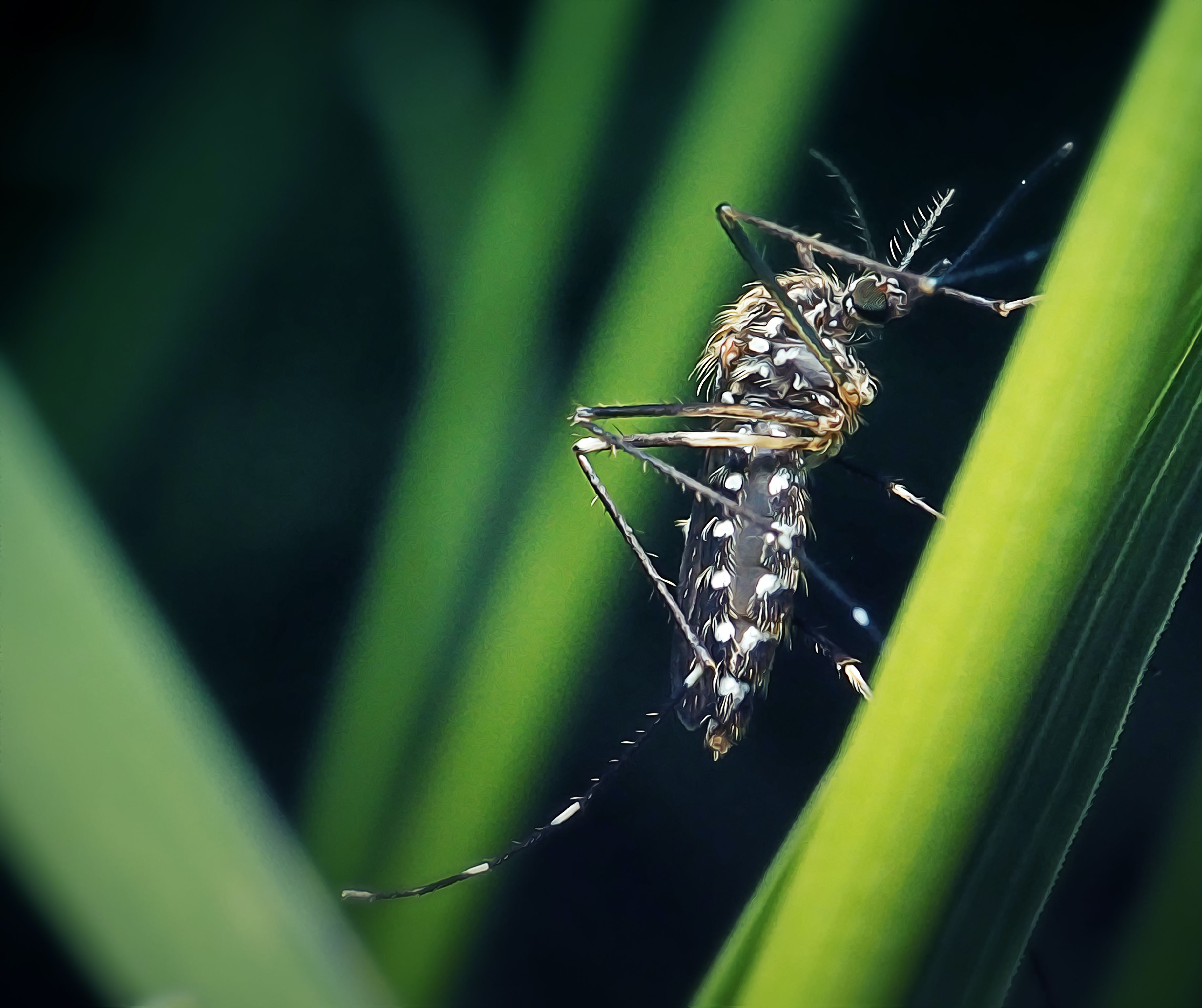
The colony is a landmark in the entomology community and is the frequent destination for school field trips and research tours.
“We’ve kind of cornered the market on black flies,” said Gray. “They’re the third most important arthropod (disease) vector worldwide after mosquitos and ticks, so they’re kind of a big deal around the world.”

Gray displays one of the rearing units in UGA's Black Fly Lab.
Gray displays one of the rearing units in UGA's Black Fly Lab.
As suspected, it’s not easy keeping hundreds of thousands of black flies happy and healthy.
Not only do the insects need certain moisture and temperature levels, but they also require running water. Each rearing unit is built on top of a 170-gallon fountain that streams freshwater and nutrients over developing larvae.
In nature, black fly larvae would attach to rocks and filter nutrients from flowing water. In the lab, they attach to sheets of nylon mesh and filter out particles of ground-up rabbit chow and soy meal.
Gray is proud that his work in Extension and entomology has led him to be the only recipient of outstanding staff member awards from both Clemson University and UGA.
Off the job, he enjoys a wide range of outdoor activities and has coached many successful seasons of recreational softball with his two daughters.


